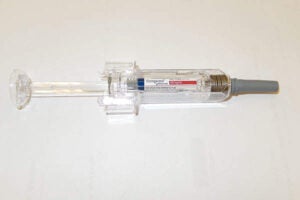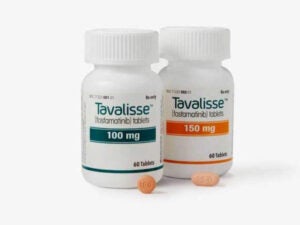Strategic M&A Support for Pharmaceutical and Biotech Companies – Minimising the Risk of ‘Winner’s Curse’
In a risky business driven by innovation, M&A is a vital strategic lever to counterbalance the in-built volatility of the R&D pipeline. In fact, there are many more reasons for frequent M&A in this industry: patent expiries forcing big pharma and biotechs to consolidate, the acquisition of biotechs by pharmaceutical companies or other biotechs to gain access to new drug formats, research programmes or development candidates, acquisitions to enter or expand the presence in therapeutic areas, geographies, customer groups, and so on. In the end, though, the ultimate aim of an M&A transaction should be to create value for shareholders.
Yet most observers agree that the pharmaceutical and biotech industry is no different from other industries in that most M&A transactions fail to create value for the acquiring company, although they generally do so for the target’s shareholders. Fault is usually laid at the feet of the acquiror’s management: CEOs with ‘super-sized egos’ are just paying too much, or so we read in countless analyses of the phenomenon by business school professors and management consultants.
But this may be stretching the argument a bit too far. Valuation is a tricky business and the price you pay depends on your risk preferences. In fact, it may be perfectly rational to pay a price ex-ante which ex-post turns out not to be justified by the value actually captured, and whether one calls this approach ‘a sound investment’ or ‘speculation’ is mere semantics.
At Catenion we posit that the real issues of frequent value destruction in pharmaceutical and biotech M&A lie deeper than the populists would make us believe; in fact we see three of them:
- Valuation methodologies do not adequately deal with uncommonly high risk and the associated broad range of possible outcomes for realised value
- Investment bankers advising the acquiror have an agency conflict
- Post-merger integration practices often fail to extract the value ascribed to the pipeline of R&D and lifecycle projects
Over the last few years at Catenion we have increasingly been led to leverage our strategic, analytical and organisational expertise beyond classic consulting assignments into supporting the M&A transactions of pharmaceutical and biotech clients.
We have helped our clients identify acquisition targets; we have also participated in the due diligence of target assets and pipelines, and we have supported post-merger portfolio optimisation.
Clients have been attracted by our track record and our expertise in asset valuation, as well as by our methodological sophistication; importantly, they recognise that we complement the service offering of investment banks by an a priori neutral position towards any transaction.
We focus on identifying targets that fit company strategy, culture and ‘value at risk’ profile and on determining the intrinsic value of the target’s assets; we also act as a neutral third party when adequate pricing of the transaction is discussed and help clients extract real value once the deal has been done.
To read more visit our website.




